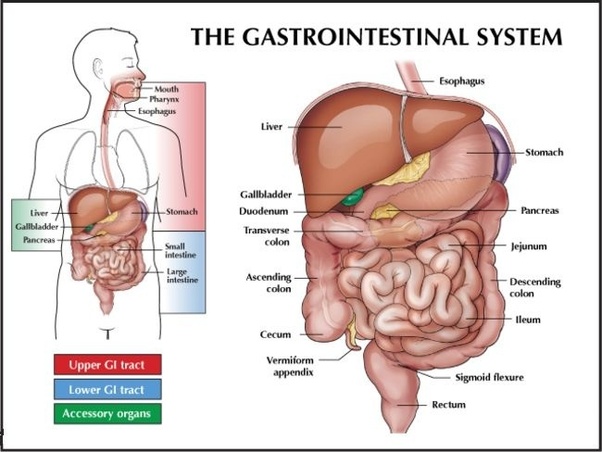When it comes to understanding and managing the complexities of the digestive system, a gastroenterologist is your go-to specialist. As a crucial figure in the realm of medical science, a gastroenterologist focuses on the health of your gastrointestinal (GI) tract, which includes the esophagus, stomach, intestines, liver, pancreas, and gallbladder. Dr. Shraddha Sharma, a renowned gastroenterologist in Udaipur, is dedicated to offering comprehensive care and expert solutions for various GI conditions. But what exactly does a gastroenterologist do, and what treatments do they provide?
Understanding the Role of a Gastroenterologist
A gastroenterologist is a medical doctor who specializes in diagnosing and treating diseases of the digestive system. They undergo extensive training, including a residency in internal medicine followed by a fellowship in gastroenterology. This rigorous training equips them with the knowledge and skills to address a wide range of gastrointestinal issues, from common ailments to complex disorders.
Conditions Treated by a Gastroenterologist
1. Irritable Bowel Syndrome (IBS)
IBS is a common disorder that affects the large intestine, leading to symptoms like cramping, abdominal pain, bloating, gas, and diarrhea or constipation. A gastroenterologist can help manage IBS through dietary recommendations, medications, and stress-relief techniques.
2. Inflammatory Bowel Disease (IBD)
IBD, which includes Crohn’s disease and ulcerative colitis, is characterized by chronic inflammation of the GI tract. Gastroenterologists offer treatments such as anti-inflammatory drugs, immune system suppressors, and biologic therapies to control the inflammation and alleviate symptoms.
3. Liver Diseases
Gastroenterologists also treat liver conditions such as hepatitis, fatty liver disease, cirrhosis, and liver cancer. They use a variety of diagnostic tools and treatments, including medications and lifestyle modifications, to manage these conditions.
4. Gallbladder Issues
Gallstones and other gallbladder diseases are treated by gastroenterologists through medications or surgical procedures like cholecystectomy, depending on the severity of the condition.
Diagnostic Procedures Performed by a Gastroenterologist
Gastroenterologists utilize a range of diagnostic procedures to accurately diagnose and treat GI conditions. Some of the common procedures include:
1. Endoscopy
An endoscopy involves using a flexible tube with a light and camera to examine the upper GI tract. This procedure helps in diagnosing conditions such as GERD, ulcers, and celiac disease.
2. Colonoscopy
A colonoscopy is used to examine the large intestine and rectum. It is crucial for detecting colorectal cancer, polyps, and inflammatory bowel disease.
3. ERCP (Endoscopic Retrograde Cholangiopancreatography)
ERCP is a specialized technique to study the bile ducts, pancreatic ducts, and gallbladder. It is useful in diagnosing and treating conditions like gallstones, strictures, and leaks in the bile ducts.
4. Capsule Endoscopy
In this procedure, the patient swallows a small, pill-sized camera that takes thousands of pictures of the small intestine. It is particularly useful for diagnosing conditions like Crohn’s disease and small bowel tumors.
Why Choose Dr. Shraddha Sharma?
If you are seeking the best gastroenterologist in Udaipur, Dr. Shraddha Sharma stands out for her expertise and compassionate care. With years of experience and advanced training, she offers a comprehensive range of diagnostic and treatment services for all types of gastrointestinal conditions. Her patient-centered approach ensures that you receive personalized care tailored to your specific needs.
Conclusion
A gastroenterologist plays a vital role in maintaining digestive health and managing complex GI disorders. From diagnosing common ailments to providing advanced treatments, they are equipped to handle a wide spectrum of gastrointestinal issues. If you’re in Udaipur and need expert care for your digestive health, Dr. Shraddha Sharma is the gastroenterologist you can trust. With her extensive knowledge and commitment to patient care, you can be assured of the best possible treatment outcomes.





Comments